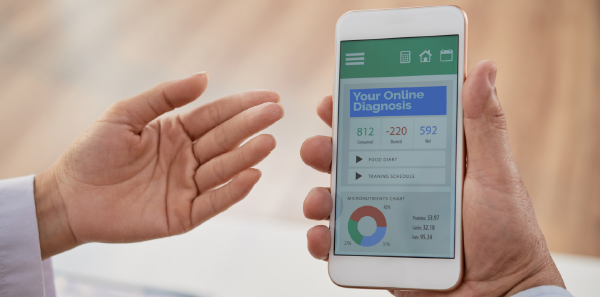
Managing Your Own Online Profile
One way physicians can avoid dealing with a negative fallout of misinformation is by periodically performing a self-audit to assess the accuracy of online information about themselves. Checking your own online profile can be enlightening. There are a number of consumer-facing sites that provide the public information about you—your education, training, any legal cases, and ratings (eg, Healthgrades, WebMD, Yelp, US News & World Report, etc.).
Explore This Issue
ACEP Now: Vol 39 – No 03 – March 2020Negative online reviews can be stressful. Difficult as it sounds, ignoring them is often the correct strategy, as they represent a minority (hopefully) of postings. Realize that the simple act of refuting inaccuracies in patient posts runs the risk of a HIPPA violation. Remember that a posted opinion is just that—an opinion. As hard as it may be, it is better to let the unhappy person vent than to lose sleep or become embroiled in a dispute that might then escalate and become a legal issue.
Final Reminders
- Be ethical.
- Keep your professional and personal internet accounts as separate as possible (and always professional).
- Avoid giving medical advice electronically unless a patient-physician relationship exists.
- Periodically monitor your online profile.
- Be aware that anything you post follows you and can affect your future professional life.
Dr. Hughes is an emergency physician in southwest Missouri and northwest Arkansas and a member of the ACEP Well-Being Committee.
Dr. Robertson is assistant professor in the department of emergency medicine at Emory University in Atlanta and a member of the ACEP Well-Being Committee.
Reference
- Shore R, Halsey J, Shah K, et al. Report of the AMA Council on Ethical and Judicial Affairs: professionalism in the use of social media. J Clin Ethics. 2011;22(2):165-172.
Pages: 1 2 3 | Single Page




No Responses to “Tips for Coping with Dr. Google, Online Reviews, Social Media, and More”